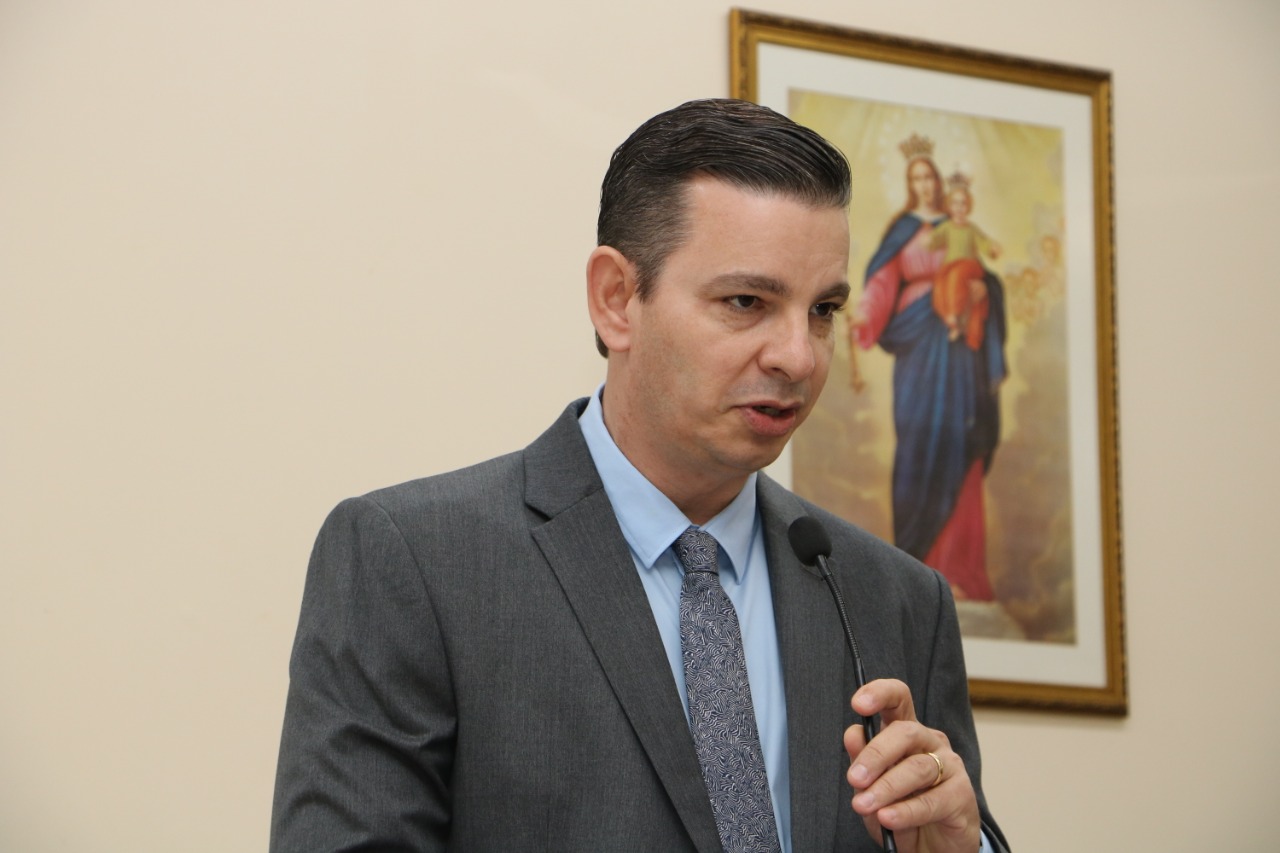(UniSALESIANO, Araçatuba e Lins) – The oncologist and Coordinator of the Medicine deparment at UniSALESIANO in Araçatuba, Dr. Antônio Henrique Poletto, wrote an article in which he relates cancer and Covid-19, a disease caused by the new coronavirus.
“Many cancer patients are harming themselves. They stop treatment out of fear, ”
– Dr. Antônio Henrique Poletto
Cancer and SARS Cov-2,
The fear of contracting SARS Cov-2 has removed thousands of patients from medical appointments and, consequently, from screening tests, diagnosis, and even cancer treatment. From results, this withdrawal can have impactful consequences on cancer patients’ survival.
Cancers are not the same, they form a set of diseases with different prognoses, depending on many variables, but without a doubt, the timing of diagnosis and treatment are fundamental for the success of the results. The earlier the diagnosis and treatment, the greater the chances of a cure.
There has already been a decrease in the number of new cancer cases in the USA in recent months. There is no biological reason for this. It is evident that these cases were not diagnosed and will be diagnosed late, in more advanced stages of the disease, resulting in worse oncological results. Preliminary studies estimate an increase in cancer mortality in the next ten years. The non-lethal impact caused by the need for major surgery, more chemotherapy, and more radiotherapy needed to treat more advanced diseases has not yet been evaluated.
So, what is the best way for cancer patients? We can divide into at least three different situations:
1- Patients undergoing cancer treatment should move forward and make their planning as flexible as possible, following the established safety protocols.
2- Patients with strong clinical suspicion of cancer and need for diagnosis through complementary tests that cause insecurity and risk of contamination by SARS Cov-2. The decision must be individualized and consensual between doctor and patient.
3- Patients with suspicious signs or symptoms, such as skin wounds that do not heal; Old or new black or brown “paint” that is changing color or size; lumps in the breast or anywhere on the body; unexplained weight loss, loss of appetite or difficulty swallowing; persistent cough or hoarseness; increased abdominal volume, changes in bowel habits; unexplained persistent pain; any type of bleeding, urinary, vaginal or anal; unexplained anemia.
In these cases, patients should seek immediate medical consultation for investigation and clarification of symptoms, following the safety protocols established for SARS Cov-2.
Postdc by: Monique Bueno de Oliveira


